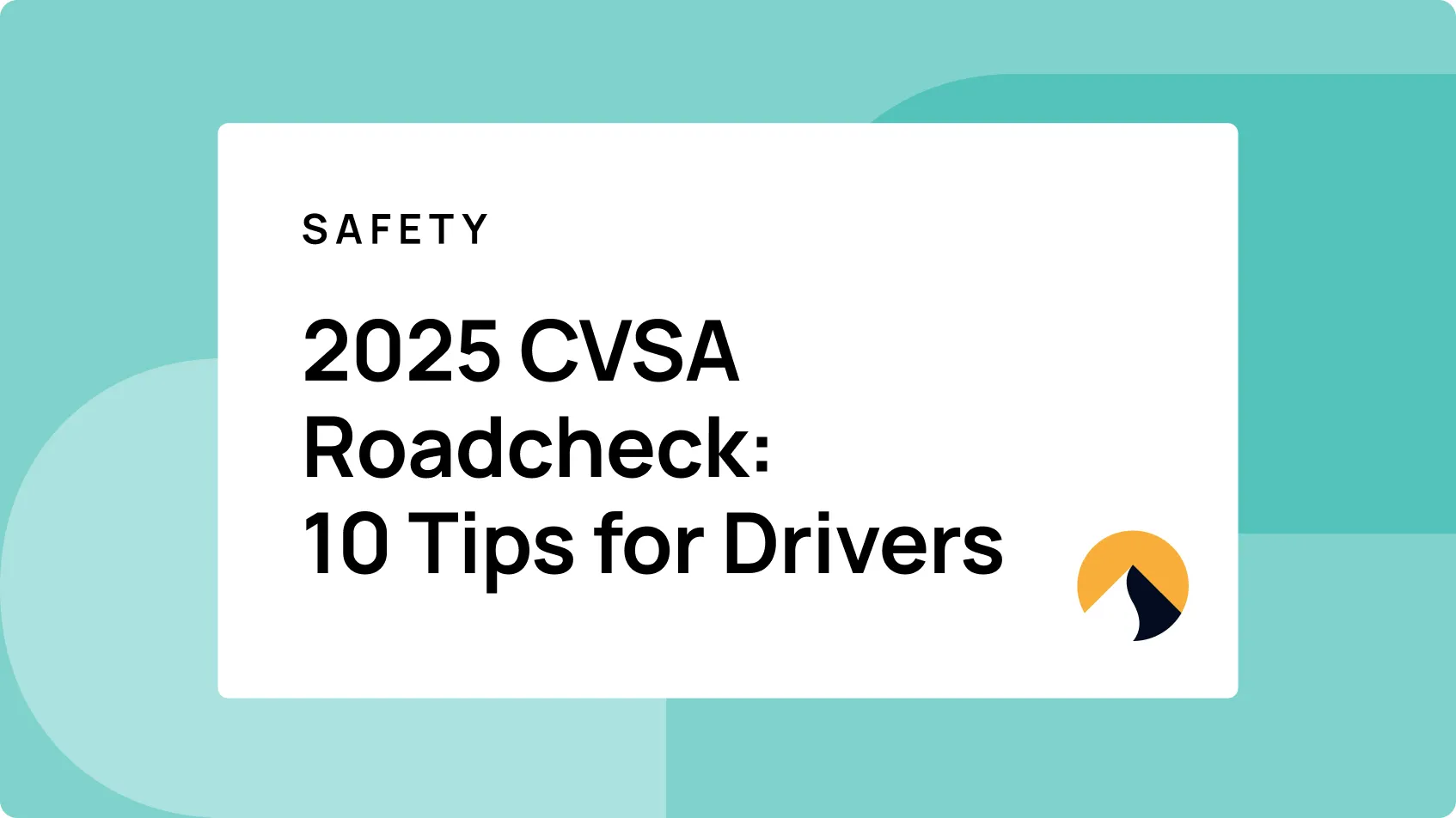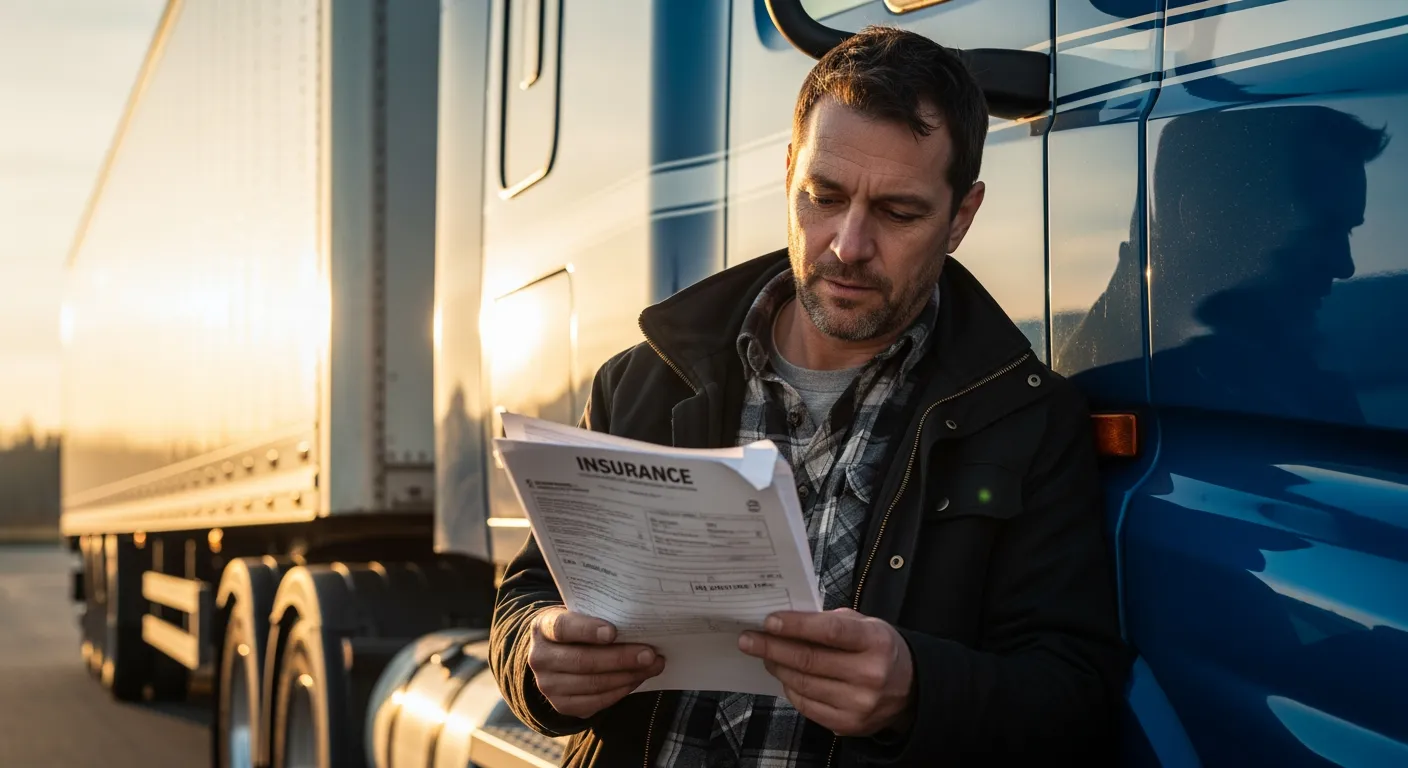Industry growth, coupled with an increase in incurred losses for insurers, has led to rising commercial auto rates across the board. These elevated premiums have had a significant impact on trucking businesses annual operational costs. Commercial auto premium rates have increased nearly 50% in the last decade, from $.059 to $.087.
Part of the problem lies in the way commercial underwriters traditionally structure rates — assessing risk based upon infrequent vehicle inspection and the Federal Motor Carrier Safety Administration’s Behavior Analysis and Safety Improvement Category (FMCSA BASIC) scores.
Take one truck from a 15-unit fleet that is randomly inspected. Perhaps the vehicle is due to be serviced with a leaky tire and a faulty brake light. While the company’s insurance premiums are partially based on this snapshot of a single vehicle on a single day, the reality is that the fleet has 14 additional trucks on the road that may be in perfect condition but weren’t pulled over for random inspection. As an actuary, I’ll take what data I can get (even if it’s one datapoint!), but how do we do better?
It’s time fleets get a more complete, more accurate picture of their fleet’s safety records over time.
Enter: Telematics
Unlike FMCSA BASIC, telematics continuously provides sensor data on all drivers on all vehicles at all times (think “Everything, Everywhere, All at Once” - great movie by the way).
Operators can leverage the data of all their trucks together on a single dashboard to paint a true picture of their fleet’s safety. Information about driver behavior is revealed through activities like routes taken, speed, sudden braking, rest patterns, etc. This data can then determine if a driver is pushing the limits or is disciplined - either way, telematics can help operators understand their drivers’ patterns and help determine which behaviors are working and which behaviors need safety intervention.
The goal of telematics is not to “catch drivers in the act”; it’s about leveraging intelligence to help drivers improve their risky patterns. For example, with telematics, fleets can rank each driver’s speeding profile and provide specific direction on how to improve their individualized driving behaviors. Ultimately, this tech-enabled coaching can significantly improve fleet risk scores and reduce insurance premiums. Think: better behavior -> lower risk -> more savings -> more profit.

PUNCHLINE
While telematics data is available for most fleets (and getting generated by the terabytes), it’s also largely under-utilized. It’s important to note that FMCSA BASIC scores and inspections are still important to help incentivize safety– the role of telematics is to supplement this information with the ultimate goal of making the roads safer and helping fleets flourish.
Why use some data when you can use all data?
Contact Nirvana Insurance to learn more about how your fleet can harness the power of telematics to enhance drive safety and drive down your insurance premiums.
Industry growth, coupled with an increase in incurred losses for insurers, has led to rising commercial auto rates across the board. These elevated premiums have had a significant impact on trucking businesses annual operational costs. Commercial auto premium rates have increased nearly 50% in the last decade, from $.059 to $.087.
Part of the problem lies in the way commercial underwriters traditionally structure rates — assessing risk based upon infrequent vehicle inspection and the Federal Motor Carrier Safety Administration’s Behavior Analysis and Safety Improvement Category (FMCSA BASIC) scores.
Take one truck from a 15-unit fleet that is randomly inspected. Perhaps the vehicle is due to be serviced with a leaky tire and a faulty brake light. While the company’s insurance premiums are partially based on this snapshot of a single vehicle on a single day, the reality is that the fleet has 14 additional trucks on the road that may be in perfect condition but weren’t pulled over for random inspection. As an actuary, I’ll take what data I can get (even if it’s one datapoint!), but how do we do better?
It’s time fleets get a more complete, more accurate picture of their fleet’s safety records over time.
Enter: Telematics
Unlike FMCSA BASIC, telematics continuously provides sensor data on all drivers on all vehicles at all times (think “Everything, Everywhere, All at Once” - great movie by the way).
Operators can leverage the data of all their trucks together on a single dashboard to paint a true picture of their fleet’s safety. Information about driver behavior is revealed through activities like routes taken, speed, sudden braking, rest patterns, etc. This data can then determine if a driver is pushing the limits or is disciplined - either way, telematics can help operators understand their drivers’ patterns and help determine which behaviors are working and which behaviors need safety intervention.
The goal of telematics is not to “catch drivers in the act”; it’s about leveraging intelligence to help drivers improve their risky patterns. For example, with telematics, fleets can rank each driver’s speeding profile and provide specific direction on how to improve their individualized driving behaviors. Ultimately, this tech-enabled coaching can significantly improve fleet risk scores and reduce insurance premiums. Think: better behavior -> lower risk -> more savings -> more profit.

PUNCHLINE
While telematics data is available for most fleets (and getting generated by the terabytes), it’s also largely under-utilized. It’s important to note that FMCSA BASIC scores and inspections are still important to help incentivize safety– the role of telematics is to supplement this information with the ultimate goal of making the roads safer and helping fleets flourish.
Why use some data when you can use all data?
Contact Nirvana Insurance to learn more about how your fleet can harness the power of telematics to enhance drive safety and drive down your insurance premiums.












